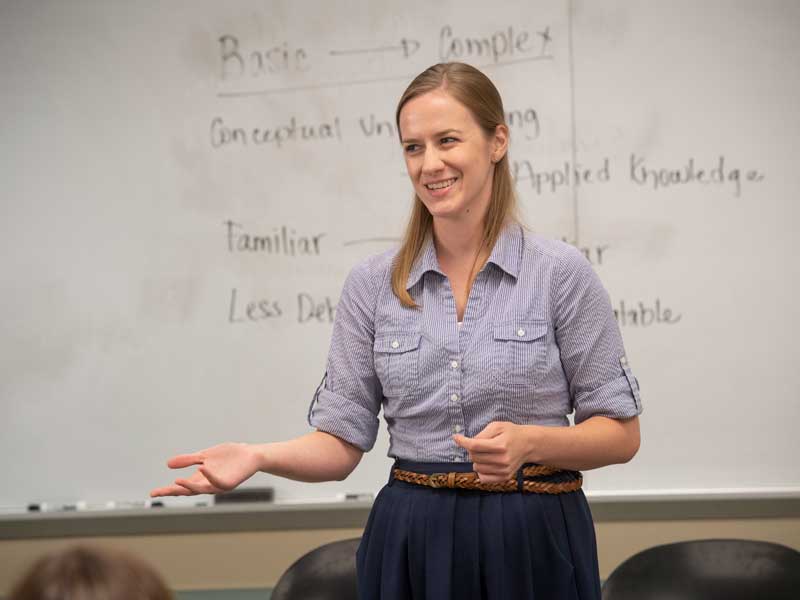Why study sociology?
Sociology cultivates engaging and creative learning experiences within and beyond the classroom that generate impactful research, innovation and social change.
Our curriculum addresses multiple and overlapping forms of exclusion and inequality with an eye toward building transformative communities and solutions. We seek to prepare our students with the knowledge and skills to pursue a wide range of careers and live as socially conscious global citizens in a diverse world.
Learn more about what sociologists do and why employers value these skills.
News
Dec. 12, 2025
Class of 2025: Chelsea Rushbrook finds, and shares, success in recovery
Powered by her experience with substance use disorder and the justice system, the psychology major wants her studies and her peer support to continue.
Nov. 5, 2025
VCU soccer star Moussa Ndiaye is made for the moment
From Senegal to Richmond, the fourth-year sociology major and stalwart defender takes advantage of his opportunities everywhere he goes, head coach Dave Giffard says.





